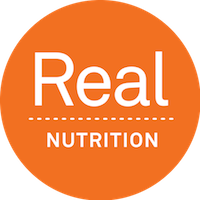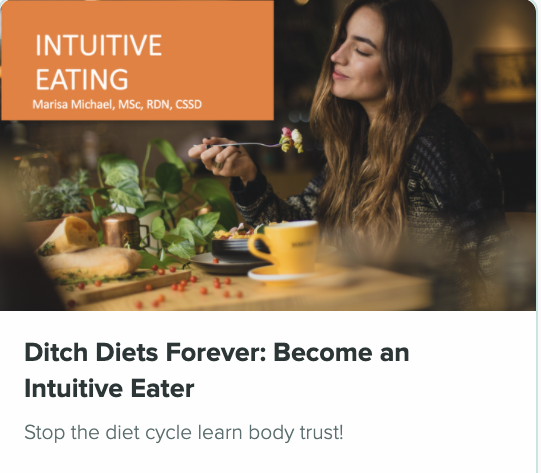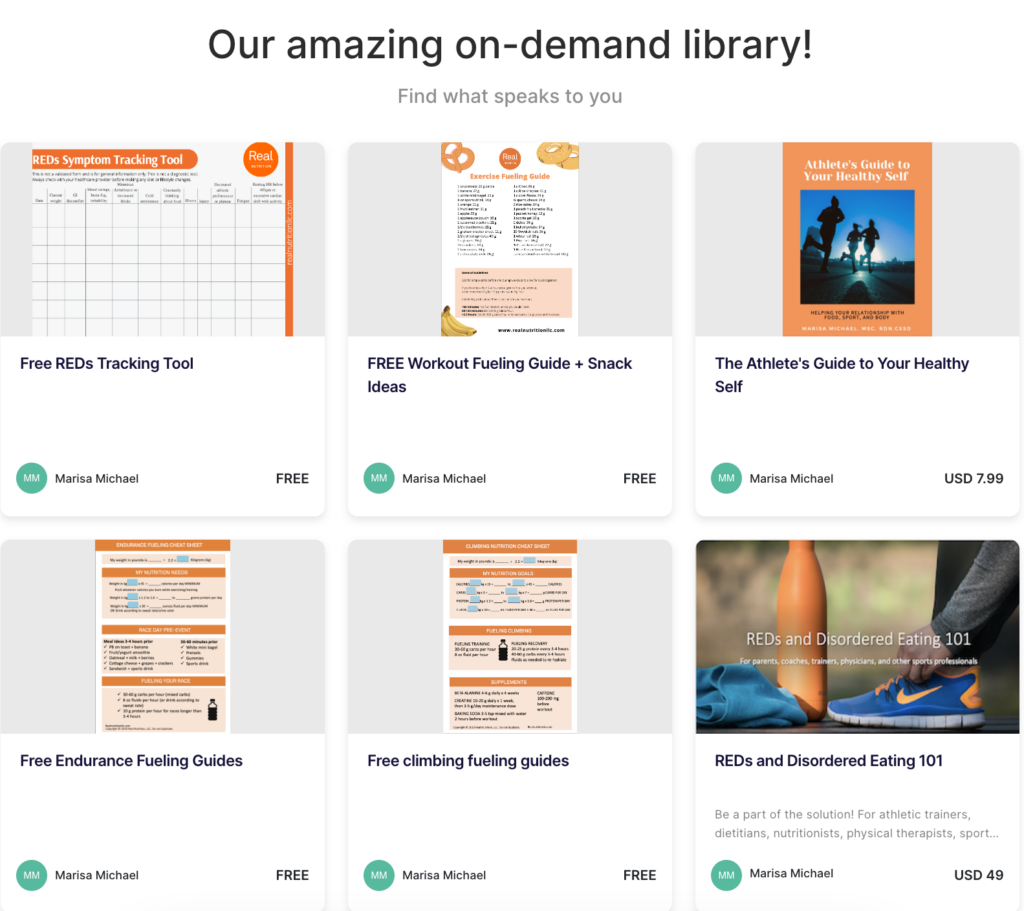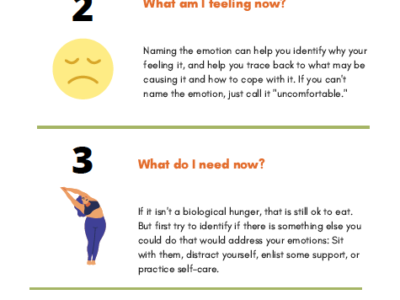![]()
Intermittent fasting seems to be super popular. Like other diets, it imposes rules and restrictions on how you eat. I often get questions from clients about intermittent fasting.
What is intermittent fasting?
First, let’s take a look at what intermittent fasting is. It’s a method of eating with set periods of time where you are allowed to eat, and forbidden to eat other times.
There are many variations:
- 16/8 method: eating only from 12pm-8pm each day
- Eat-Stop-Eat: going one-two days per week without eating anything in 24 hours
- 5:2 diet: eating only 500 calories for two days per week
You can quickly see there are a lot of ways to approach intermittent fasting (this isn’t a complete list). None of them are grounded in any sort of scientific research as to how often you need to eat. They were mostly created by “fitness experts.”
Intermittent fasting doesn’t dictate what you eat, just when you eat. Most definitions do encourage healthy eating choices, however.
Will intermittent fasting help you lose weight?
It can. But it is no different in effectiveness compared to other calorie-controlled diets. There are some studied that compare intermittent fasting to other diets that reduce calories, such as low fat, low carb, and elimination diets. These diets all have one thing in common: They restrict what you eat, which restricts calorie intake. There is nothing magical about intermittent fasting, or any other diet.
Should I try intermittent fasting?
I often have clients come into my office asking for help to lose weight. My first question I explore with them is, “Why?” Often people think they need to lose weight, and they don’t actually need to for health reasons! You can be “overweight” and be healthy. If someone has a desire to lose weight for aesthetic reasons, sometimes the best approach is not to start any sort of diet, but rather explore their discomfort with their own body.
This isn’t as easy of a solution, and it takes mental and emotional commitment. It’s often much easier for people to try intermittent fasting (or any other diet) than to confront their own uncomfortable feelings about their own body. Sometimes people have a disrupted relationship with food which has lead them to gain weight over time. Healing your relationship with food is more effective than embarking on a random fad diet.
Intermittent fasting may be helpful if it fits into an eating pattern you’re already used to, and you truly do need to lose a bit of weight. Tread carefully–many people are under the assumption that they need to lose weight by a well-meaning doctor or healthcare provider, when really you may not need to. Seek help of a qualified dietitian to guide you through this process.
Who should not try intermittent fasting?
Intermittent fasting can be harmful if it makes you obsess about food, increases your desire for food, increases your intake (even leading to bingeing), interferes with your social life or normal routine, makes you feel lightheaded, irritable, dizzy, weak, faint, or shaky.
It isn’t appropriate for athletes or very active people that need to fuel their activities and then refuel and recover.
Children, those with diabetes, those with history of disordered eating or eating disorders, and people taking medications that require food intake should not try intermittent fasting. Those people with medical conditions that require specialized diets should not try intermittent fasting.
What is a good alternative to intermittent fasting?
I’ve never actually had a client in which I recommended intermittent fasting! Intuitive eating is a much more appropriate approach to food. Intermittent fasting and other diets rely on external cues that dictate when and what you eat. Examples of external cues are what types of foods to eliminate (no dairy, no gluten, no meat, etc.), when to eat, and how much to eat (dictating portion sizes).
Intuitive eating relies on internal cues to decide what to eat, when to eat, and how much to eat. Hunger, fullness, satisfaction, and satiety all play a role in what and when you eat. Your body, if you give it a chance, will tell you much better than any diet plan what you need to nourish it.
What is intuitive eating?
Is a comprehensive and holistic framework to healing your relationship with food and your body. It honors hunger and fulness signals, as well as the social and emotional aspects to enjoyment of food.
Before you try another diet, learn more about intuitive eating to see if it’s right for you. As always, I’m available to support you and guide you through the intuitive eating process.
Want to learn about this life-changing framework? Will you be the next to make peace with food? Check out our on-demand course, Ditch Diets Forever: Become an Intuitive Eater
Check out our amazing nutrition resources, including on-demand courses, free downloads, and webinar replays.
- Nutrition for Climbers
- The Ultimate Guide to Useful Sports Supplements
- Ditch Diets and Become an Intuitive Eater
And be sure to follow us on Instagram!
Book an appointment with the dietitian



